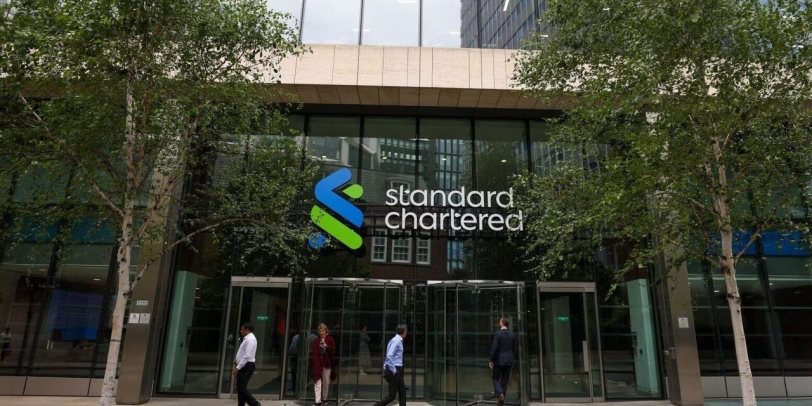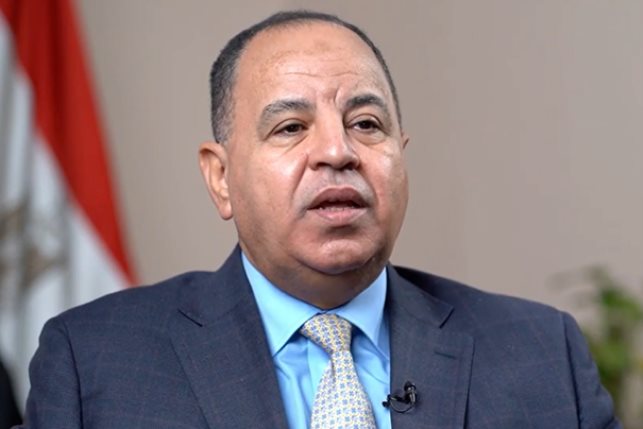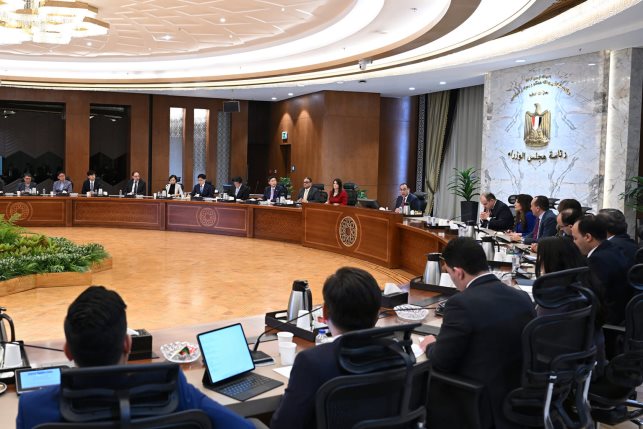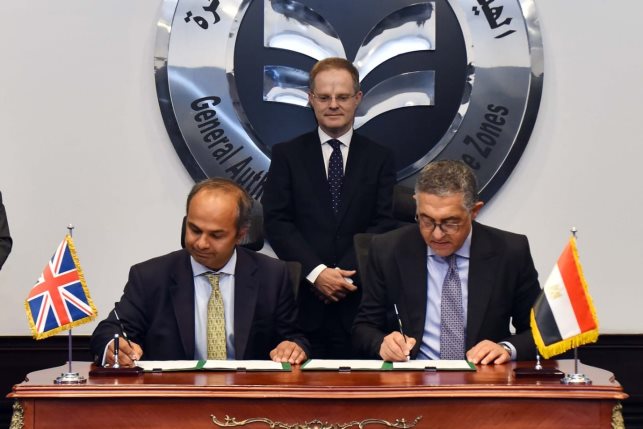Egypt’s PMI remains in place at 47.6 amid inflation and energy rationing
Driven by a sharp decline in demand, hiking prices and growing uncertainty, businesses reduced purchasing activity

Egypt’s non-oil private sector activity continued to contract for the 22nd consecutive time in September, according to S&P Global, with businesses’ outlook improving from August’s almost all-time low.
“Business conditions in Egypt's non-oil economy remained under strain from inflationary pressures, energy rationing, import restrictions and weak demand at the end of the third quarter,” explained S&P Global.
The S&P Global Egypt Purchasing Managers' Index (PMI) remained unchanged from August at 47.6, well below the 50.0 threshold that separates growth from contraction.
Businesses may be more optimistic, noting that these businesses were hopeful that macroeconomic conditions would improve in the coming months, however sentiment “was still far below the long-run trend level and among the weakest in the series history,” the report wrote.
Driven by a sharp decline in demand, hiking prices and growing uncertainty, businesses reduced purchasing activity. Inventory holdings also shrank last month for the 14th month in a row.
Companies saw new orders continuing its fall to the weakest rate in the past 7 months; this was attributed to rising prices and client hesitancy, explained S&P Global.
Output was also curtailed as businesses recording significant decline in September, with companies pointing towards energy rationing, part shortages and weak demand.
"As a result, clients held off from placing orders while those in international markets reduced their demand sharply with exports falling at the quickest rate for over two years,” explained Shreeya Patel, Economist at S&P Global Market Intelligence in the report.
Companies responded to higher costs by hiking their selling prices. Moreover, the rate of inflation was sharp and quicker than the long-run series average, the report explained.
The PMI's sub-index for overall input prices worsened to 64.6 from 58.8 in August, while that for purchase costs deteriorated to 64.5 from 60.8.
Output and new orders in September extended a contraction that has gone on since August of last year, with the output index dipping to 45.4 from 45.8 the previous month and the index for new orders rising to 45.9 from 45.1.
The sub-index for future output expectations improved marginally to 55.7 from 53.5, but remained near a 10-year low of 52.5 recorded in March.





